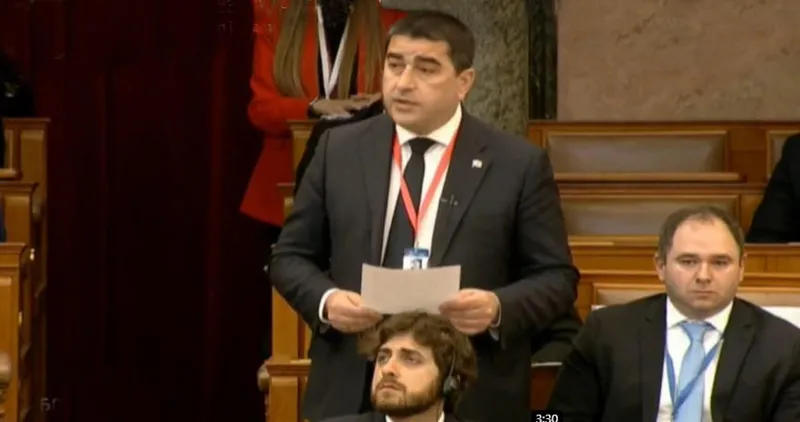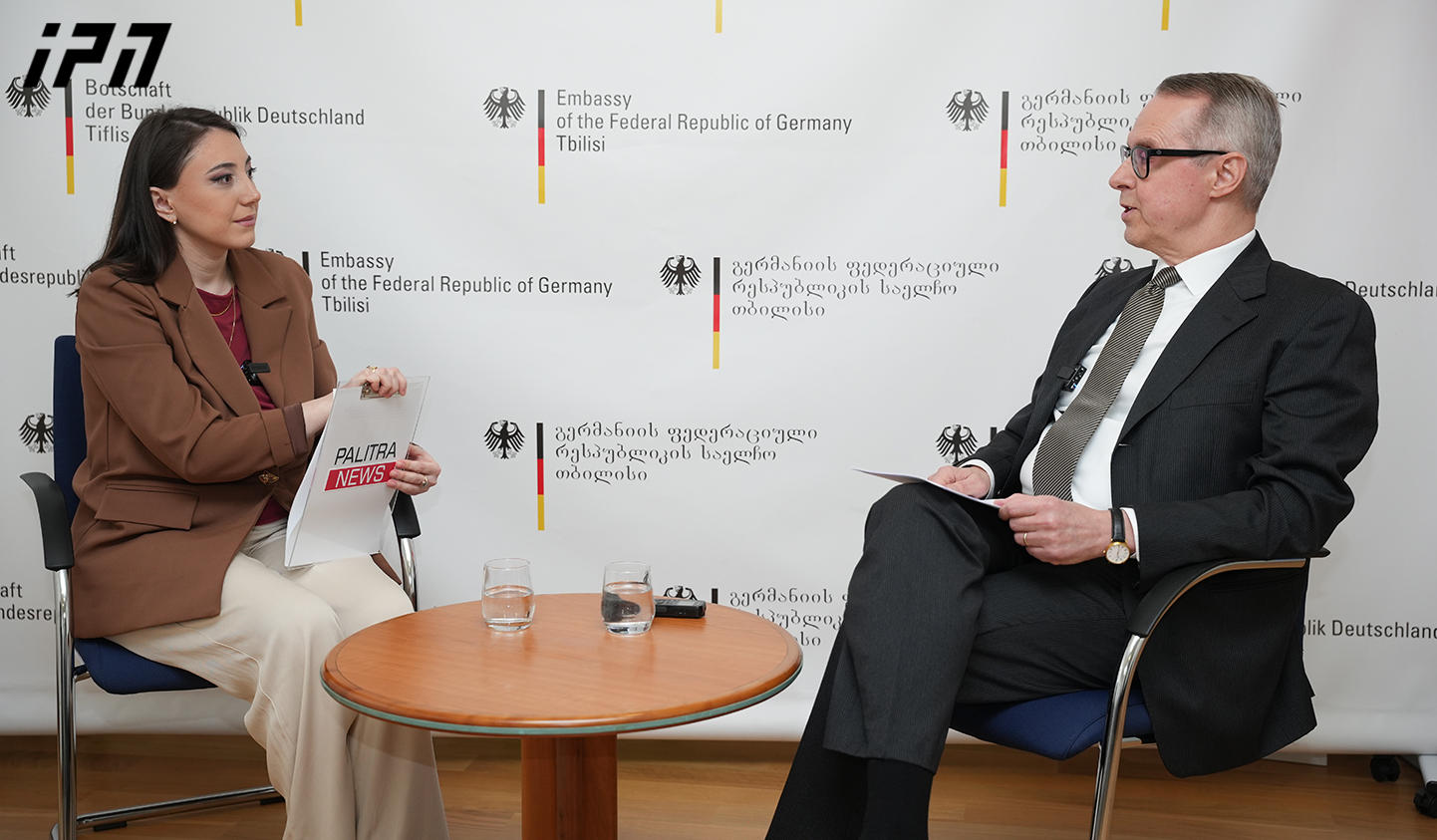Shalva Papuashvili at the Conference in Budapest – I Represent a Government That Has Done the Most to Advance Georgia’s EU Membership Process – Georgia Remains Committed to the Path of EU Integration

"I represent a government that has done the most to advance Georgia’s progress in the process of joining the European Union – Georgia remains committed to the path of EU integration," – stated the Speaker of the Parliament of Georgia, Shalva Papuashvili, during his speech at the Conference of Speakers of Parliaments of EU Member and Partner Countries held in Budapest.
According to him, unfortunately, some EU structures show a tendency to speak to parliaments elected by the people through directives.
Papuashvili also noted that today, as Europe faces serious challenges, the debate about federalism and national sovereignty should focus on maximizing the benefits of integration while respecting the autonomy and traditions of member states.
"The excessive strengthening of the EU's central structures may hinder the adoption of decisions that best reflect the unique political, economic, and cultural aspects of each country. Georgia is committed to the path of EU integration. I represent a government that has done the most to advance Georgia’s progress toward EU membership. At the same time, from the Parliament's perspective, we have witnessed incomprehensible treatment from European institutions. Unfortunately, some EU structures tend to speak to the parliament elected by the people in the language of directives, imposing obligations without granting rights. Having obligations without voting rights—especially in EU institutions where Georgia is not yet represented—does not align with the principle of democratic pluralism on which the EU stands.
The centralized structure of the EU sometimes imposes conditions that the EU itself cannot agree on. One such example was the demand that Georgia establish an extraordinary system for checking judges' integrity, known as 'vetting,' which was to be carried out by foreign actors. This system, if implemented, would contradict the fundamental principle of democracy—that power comes from the people. It would mean that an entire branch of government would be staffed by foreign actors, which goes against the essence of national sovereignty. I doubt any EU member state would allow such interference in its own sovereignty,” said Papuashvili.
He added that in a society of nation-states, the voice of small countries should be heard just as clearly as others', because truth is not measured by numbers alone.
“Democracy means deliberation, not imposed enforcement. Consensus ensures that decisions are made collectively, based on respect for the interests and challenges of all member states and partners. This also means a Europe where decisions are not made solely by centralized bodies that are not directly elected, but increasingly closer to the people.
In this regard, it would be wise to critically assess the ongoing discussion aimed at replacing the principle of consensus-based decision-making with majority rule. In a society of nation-states, the voice of small countries should be heard just as loudly as others, because truth is not measured by numbers alone,” Papuashvili stated.
